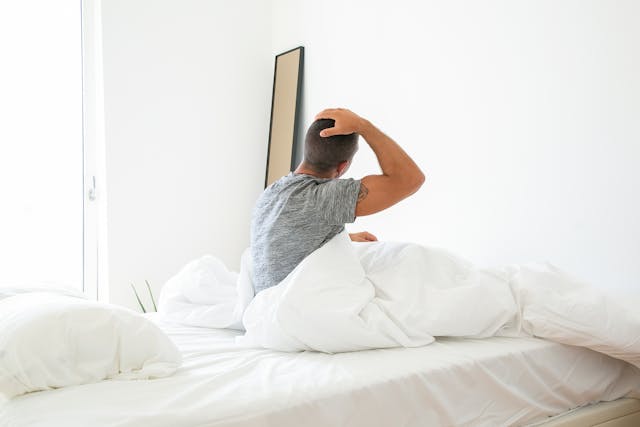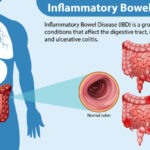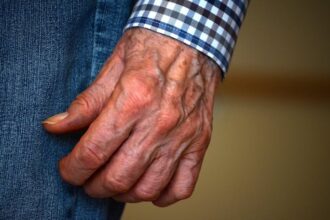A forthcoming study at the SLEEP 2024 annual meeting establishes a link between sleep apnea and a heightened likelihood of healthcare usage, including hospital admissions among older adults.
The findings illustrate that individuals aged 50 and above who suffer from sleep apnea are 21% more likely to utilise any health service in the future compared to those without the condition. In particular, after adjusting for various influencing factors such as demographics, body mass index, existing health conditions, and depressive symptoms, these individuals demonstrated a 21% increased probability of hospitalisation.
Lead author Christopher Kaufmann, who holds a doctorate in public mental health and is an assistant professor in the Department of Health Outcomes and Biomedical Informatics at the University of Florida College of Medicine in Gainesville, asserts that older adults with sleep apnea are significantly more inclined to seek health services in the future than those who do not have the condition. This association persists even after accounting for other variables that might elevate the risk of health service consumption.
According to the American Academy of Sleep Medicine, close to 30 million adults in the U.S. are affected by obstructive sleep apnea, a chronic condition characterised by the recurrent collapse of the upper airway during sleep. If left untreated, moderate to severe sleep apnea can lead to serious health issues such as hypertension, coronary artery disease, atrial fibrillation, stroke, and Type 2 diabetes.
The research team analysed data from 20,115 participants from the 2016 and 2018 Health and Retirement Study, which represents a national cohort of middle-aged and older adults in the U.S. These participants were questioned about their sleep disorders, including sleep apnea, in 2016 and their subsequent health service usage in 2018. Nearly 12% of these participants reported a diagnosis of sleep apnea from a doctor.
Kaufmann stressed the importance of early detection and management of sleep apnea in older adults to diminish its extensive impact on healthcare usage. He noted that effectively addressing sleep apnea enhances individual health outcomes and relieves the pressure on healthcare systems, leading to more efficient and effective healthcare delivery.
More information: Christopher Kaufmann et al, 1083 Association Between Sleep Apnea and Health Service Utilization: Results from the Health and Retirement Study, Sleep. DOI: 10.1093/sleep/zsae067.01083
Journal information: Sleep Provided by American Academy of Sleep Medicine








